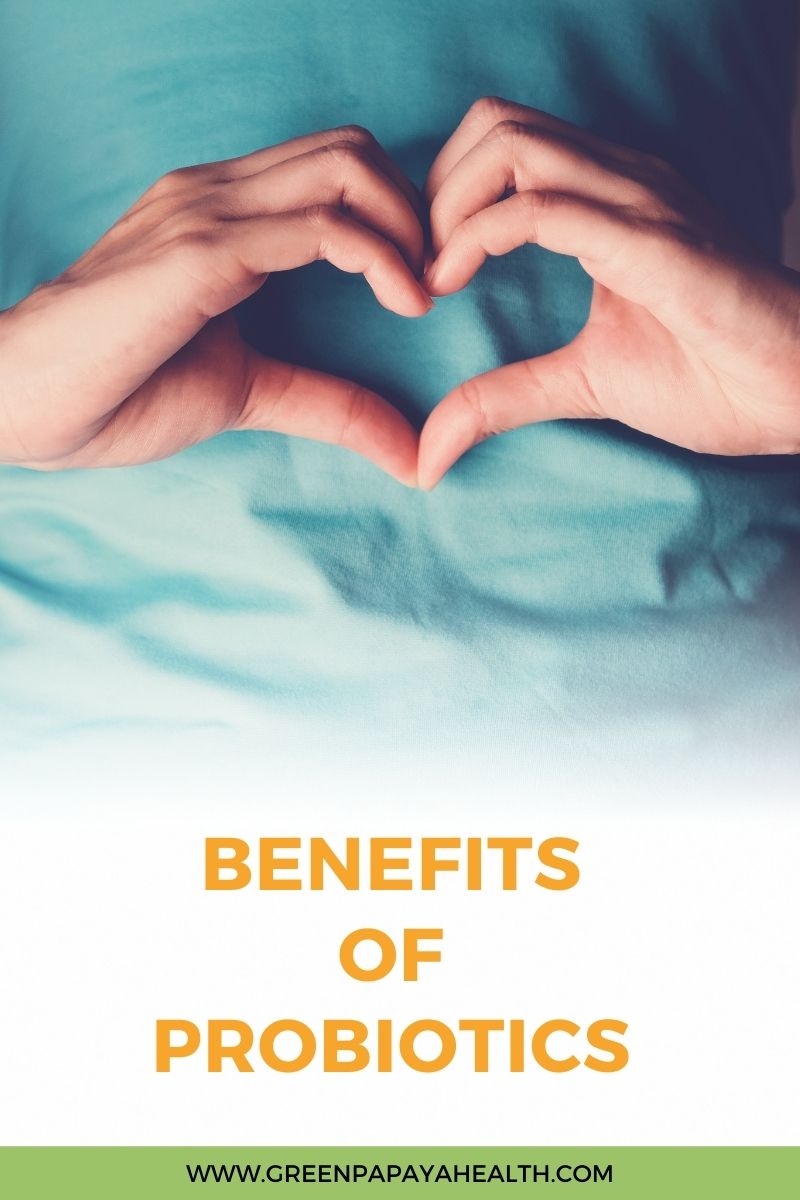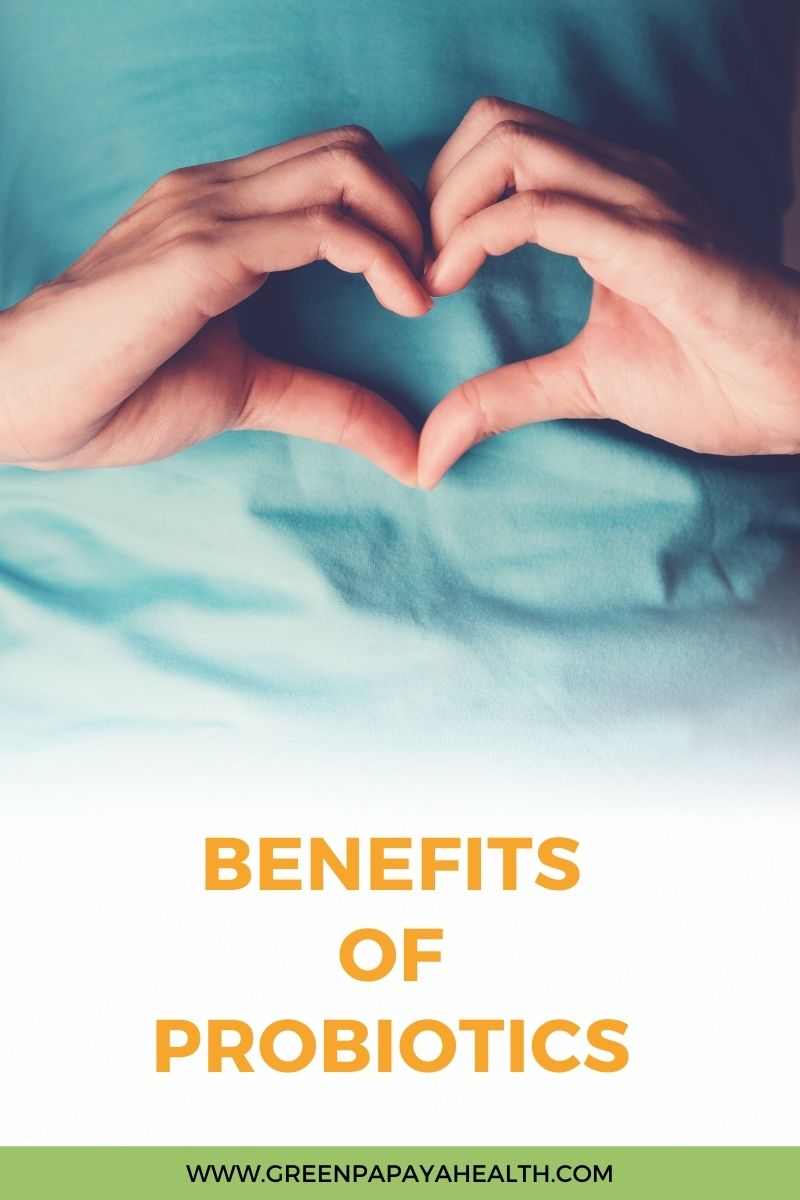Beneficial Bacteria
So much of our society is obsessed today with being bacteria-free. In an effort to avoid illness and “bad bugs”(pathogens, viruses, harmful bacteria), we have created a wealth of anti-bacterial cleaners, soaps, and products. What most people don’t realize, however, is that the inside of our bodies is not sterile. Not even close! In truth, many trillions of bacteria live inside you – at least one for every cell in your human body.
“A human body is like a planet inhabited by huge numbers of various micro-creatures. The diversity and richness of this life on every one of us is probably as amazing as the life on Earth itself! Our digestive systems, skin, eyes, respiratory and excretory organs are happily co-existing with trillions of invisible lodgers, making one ecosystem of macro-and micro-life, living together in harmony. It is a symbiotic relationship, where neither party can live without the other. Let me repeat this: we, humans, cannot live without these tiny micro-organisms, which we carry on and in our bodies everywhere.”
– Dr. Natasha Campbell-McBride, MD,from Gut and Psychology Syndrome, Medinform Publishing, UK, 2004
Every healthy human carries billions of bacteria in their body – several pounds worth. The largest colonies live in our digestive system, and many beneficial species help us to survive. They provide a wide array of critical functions like protecting our gut and intestinal walls from foreign invaders, escorting toxins from the body, facilitating the absorption of certain vitamins and minerals, improving digestive regularity, and eliminating harmful bacteria. As long as beneficial bacteria diversity and populations are kept high in the body, then harmful bacteria are typically kept under control (and the immune system is kept calm and balanced). However, the typical American modern lifestyle can drive down beneficial bacteria to the point that opportunities microbes flourish and wreak all sorts of havoc on the body…from constipation to behavior problems to compromised immune systems.
The average person in the modern, western world eats a daily diet that is quite dead. Food that is cooked thoroughly, pasteurized, highly processed, and/or irradiated has no bacteria; all are killed. Our fear of harmful bacteria has led us to destroy all bacteria in our foods. As a result, many Americans have compromised immune and digestive systems; their guts are a welcome haven for harmful bacteria (and resulting inflammatory illness or disease). Too much-sweetened food or processed carbohydrates, as well as medications and toxins in our food, increases the number of opportunistic fungi and bacteria and upsets the delicate microbial balance in the gut. A strong, beneficial bacterial presence calms our immune system and often improves inflammatory symptoms (e.g.arthritis, general achiness/stiffness, IBS, bloating, depression, eczema).
Historically, people have eaten raw, fermented foods and have thus supplemented their daily diet with live, beneficial bacteria. Some European cultures eat sauerkraut (fermented cabbage) with sausages. Historically, Indians eat yogurt (fermented milk) with curry and drink yogurt beverages (lassi) after meals. Koreans eat kimchi (fermented vegetables) with stir-fry. Japanese eat pickled ginger and soy sauce (fermented soybeans) with sushi. Many Mediterranean countries enjoy fermented meats (e.g. salami) and cheeses. In even earlier times, fermented beverages such as mead and homemade beer/ wine/cider (unpasteurized) protected people despite the lack of modern sanitation technology. Fermentation kept food usable, longer, and also nurtured our guts!
Probiotics
Most of us are not able to get an ample supply of beneficial bacteria in our regular, modern diet. But we can easily with cultured condiments or with probiotics, dormant beneficial bacteria. There are many different brands and bacterial strains available. Acidophilus is perhaps the most popular strain. However, most people get the best benefit from a probiotic that includes a wide array of strains (not just one) and a large number of bacteria. Dr. Campbell-McBride, quoted above, recommends at least 8 billion per day. Those with significant GI disorders may require significantly higher doses. Some clients thrive on 8-10B/day while others find they need much more – 50B or even more than 400B CFUs/day.
If you struggle with regularly loose stools, look for one that includes Saccharomyces Boulardii or Lactobacillus Plantarum. For constipation, look for a brand with at least 50% Bifidobacterium species. Be sure to start with a relatively low daily dose (<10B) and allow your body time to adjust (~2 wks) before increasing. Short-term bloating and gas increases are normal as the body adjusts to the extra support. Don’t choose to look for the cheapest brand! High-quality brands include Ultimate Flora, Metagenics, Jarrow, Udo’s, Prothera, Garden of Life, Ortho Molecular, Microbiome Lab, and Klaire Labs.
Always work with your health practitioner before starting any supplements. Have questions, let me know in the comments or sign-up for a free discovery call.







Pingback: The Best Binders for Mold Toxicity - Vashti Kanahele